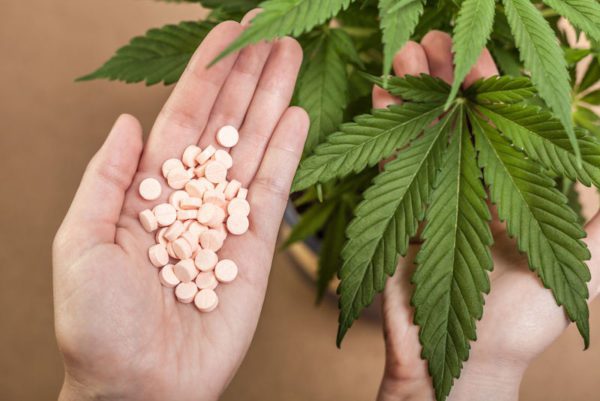
How to germinate seeds
The germination of vegetable seeds is the process of growing plants directly from seeds rather than growing them from cuttings or buying plants that have already been grown. Although this may seem like a simple…
Iberian Peninsula express shipping
0€ Orders over 60€
*6€ orders under 59€
East, West, South Europe express shipping
0€ Orders over 150€
*18€ orders under 149€
North Europe express shipping
0€ Orders over 160€
*20€ orders under 159€
Ireland, Norway, UK normal shipping
0€ Orders over 60€
*6€ orders under 59€
Rest of the world normal shipping
0€ Orders over 180€
*25€ orders under 179€
Shipping costs can be confirmed in your shopping cart.
For additional shipping methods, please reach out through info@kannabia.com.


*Website protected by SSL.
**Not available in all regions.
*Your coupon will be sent via email.
*Should you have any question, comment or feedback, please do not hesitate to contact us.

San Diego, CA: The enactment of statewide legislation permitting medical cannabis access by qualified patients is associated with a reduction in opioid-related hospitalization, according to data published online ahead of print in the journal Drug and Alcohol Dependence.
A researcher from the University of California at San Diego assessed the association between medical cannabis laws and hospitalizations related to opioid pain relievers. The author reported both immediate and longer-term reductions in opioid-related hospitalization following changes in law.
“This study demonstrated significant reductions on OPR- (opioid pain reliever) related hospitalizations associated with the implementation of medical marijuana policies. … We found reductions in OPR-related hospitalizations immediately after the year of policy implementation as well as delayed reductions in the third post-policy year.”
The author also dismissed contentions that liberalized marijuana laws were associated with any subsequent increase in marijuana-related hospital admissions, concluding: “While the interpretation of the results should remain cautious, this study suggested that medical marijuana policies were not associated with marijuana-related hospitalizations. Instead, the policies were unintendedly associated with substantial reductions in OPR related hospitalizations.”
The findings are consistent with those of other studies reporting that medical cannabis legalization is associated with lower rates of opioid abuse, mortality, and prescription drug spending.
For more information, please contact Paul Armentano, NORML Deputy Director, at: paul@norml.org. Full text of the study, “Medical marijuana policies and hospitalizations related to marijuana and opioid pain reliever,” appears in Drug and Alcohol Dependence.